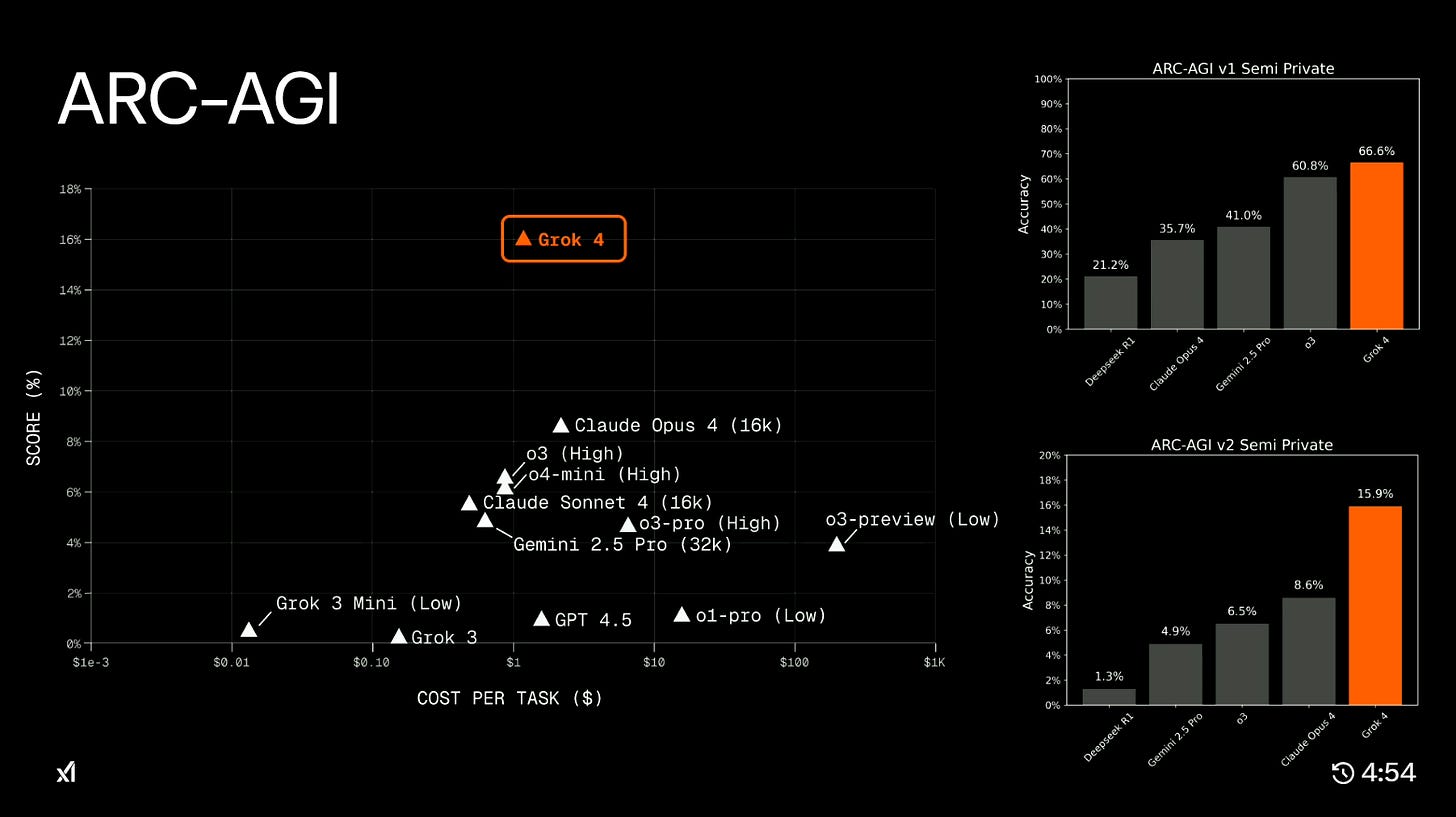Elon Musk has a life mission, to make us a multiplanetary species. His Asperger’s makes him very focused, which implies everything he does supports this overarching goal. Hence he created or acquired a number of companies to support this effort, first SpaceX to engineer the requisite space technology, Tesla to supply surface transport and energy, and Neuralink to optimize computer access. In addition, Elon has pursued Artificial Intelligence (AI), starting with DeepMind, OpenAI and more recently xAI. Now AI plays a leading role in Elon’s multiplanetary play, hence a rising star at SpaceX due to its many advanced applications.
“Machines are dumb… ground systems are dumb… We are trying to automate everything… We are doing some AI work to make sure we get humans out of the loop in data analysis to speed up that process.” ~ Gwynne Shotwell, SpaceX COO
Over the last 5+ years SpaceX has used AI to package information from raw data (e.g. for flight data review, non-conformance reports etc) and provide recommendations. Following the success of these early efforts they are now going all-in on AI across a full spectrum of applications.
“Our [software engineering] team is creating AI systems to accelerate software development and testing, avionics design, flight data review, logistics and mission operations.” ~ SpaceX/X

They intend to adapt existing AI models to work at SpaceX, which suggests they will employ the most advanced versions of Grok provided by xAI. Grok 4 is essentially a polymath, proficient to PhD level in all academic subjects, so capable of creating unique solutions to existing problems, based on its deep understanding of all related areas. Overall increased use of AI appears a good tactical move for SpaceX but more importantly a sound strategy going forward, considering the more advanced space applications.
Launch and Mission Control
In the past large numbers of people were needed to monitor levels during the pre-launch, ascent and deployment/operational phase of any mission. Hence launch and mission control is the ideal application for AI because it sees all data inputs simultaneously, can make faster decisions, has no human biases and doesn’t get distracted. SpaceX already has relatively few people in launch control due to automation, Falcon 9 essentially monitors itself from a minute before launch, and manages its own flight termination system if it veers off course. When SpaceX implement AI flight control it should further improve flight management and ensure the person responsible has sufficient information to make executive decisions. Usually the launch director would be responsible for most flights, although technical personnel onboard Starship should have the final word for Mars colony flights.
Agentic AI
Keep reading with a 7-day free trial
Subscribe to Chris’s Substack to keep reading this post and get 7 days of free access to the full post archives.



